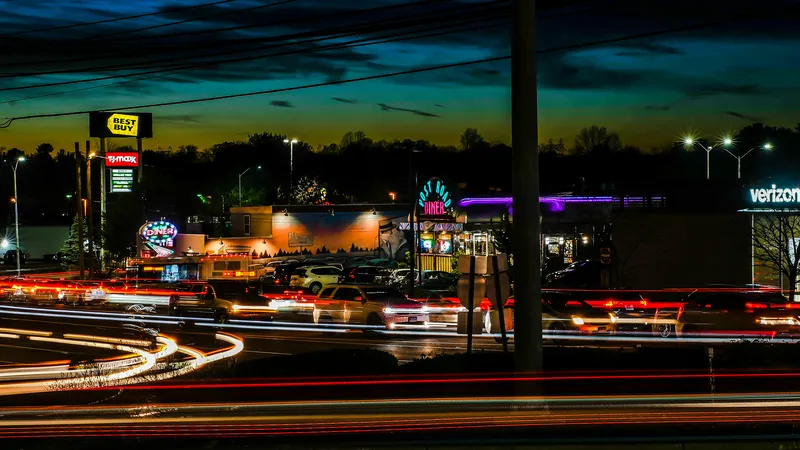As part of its Logistics for Cycling campaign, the Freight Transport Association (FTA) has today published Shared Vision, a document setting out examples of the work logistics companies are doing to improve safety on the roads for vulnerable road users – pedestrians, motorcyclists and especially cyclists.
The FTA document provides a flavour of the wide range of initiatives that companies are implementing which they and the Association believe will result in improved safety on the roads. Action includes
November 4, 2014
Read time: 2 mins
As part of its Logistics for Cycling campaign, the 6983 Freight Transport Association (FTA) has today published Shared Vision, a document setting out examples of the work logistics companies are doing to improve safety on the roads for vulnerable road users – pedestrians, motorcyclists and especially cyclists.
The FTA document provides a flavour of the wide range of initiatives that companies are implementing which they and the Association believe will result in improved safety on the roads. Action includes upgrading vehicles, developing improved training and leading community education initiatives with cyclists and in schools.
Commenting on Logistics for Cycling, FTA’s director of Policy Karen Dee said: “This is a campaign designed to help the logistics industry target the work it is undertaking on vulnerable road user safety, and to develop actions and programmes our members can contribute to collectively to take things further. With Shared Vision, FTA is seeking to promote within and outside the freight and logistics industry examples of the good practice that goes on in many businesses today. Our members are investing their money and staff and vehicle time in taking actions that they believe will improve the safety of all road users.”
Road safety campaigner Cynthia Barlow OBE, chair of RoadPeace said of Shared Vision: “There are some great examples in here of the work that logistics operators can do to help improve road safety for all, and it is really encouraging to see how much time, thought and effort these companies are prepared to commit to this. We all need to work together to improve road safety as much as we can, so I commend the logistics industry for work such as this.”
The FTA document provides a flavour of the wide range of initiatives that companies are implementing which they and the Association believe will result in improved safety on the roads. Action includes upgrading vehicles, developing improved training and leading community education initiatives with cyclists and in schools.
Commenting on Logistics for Cycling, FTA’s director of Policy Karen Dee said: “This is a campaign designed to help the logistics industry target the work it is undertaking on vulnerable road user safety, and to develop actions and programmes our members can contribute to collectively to take things further. With Shared Vision, FTA is seeking to promote within and outside the freight and logistics industry examples of the good practice that goes on in many businesses today. Our members are investing their money and staff and vehicle time in taking actions that they believe will improve the safety of all road users.”
Road safety campaigner Cynthia Barlow OBE, chair of RoadPeace said of Shared Vision: “There are some great examples in here of the work that logistics operators can do to help improve road safety for all, and it is really encouraging to see how much time, thought and effort these companies are prepared to commit to this. We all need to work together to improve road safety as much as we can, so I commend the logistics industry for work such as this.”









